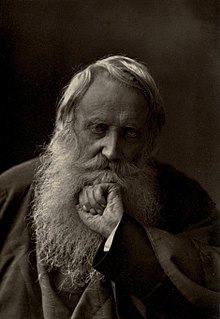A Quote by Francois de La Rochefoucauld
The passions do very often give birth to others of a nature most contrary to their own. Thus avarice sometimes brings forth prodigality, and prodigality avarice; a man's resolution is very often the effect of levity, and his boldness that of cowardice and fear.
Related Quotes
How very seldom do you encounter in the world a man of great abilities, acquirements, experience, who will unmask his mind, unbutton his brains, and pour forth in careless and picturesque phrase all the results of his studies and observation; his knowledge of men, books, and nature. On the contrary, if a man has by any chance an original idea, he hoards it as if it were old gold; and rather avoids the subject with which he is most conversant, from fear that you may appropriate his best thoughts.
Gaming is a vice the more dangerous as it is deceitful; and, contrary to every other species of luxury, flatters its votaries with the hopes of increasing their wealth; so that avarice itself is so far from securing us against its temptations that it often betrays the more thoughtless and giddy part of mankind into them.
































